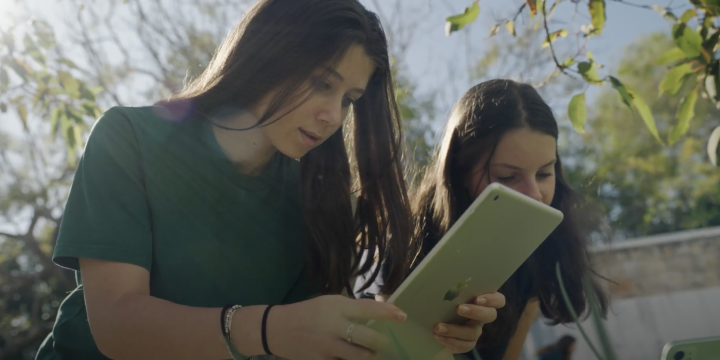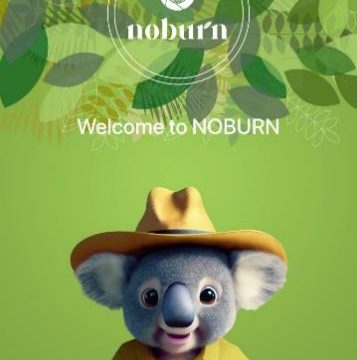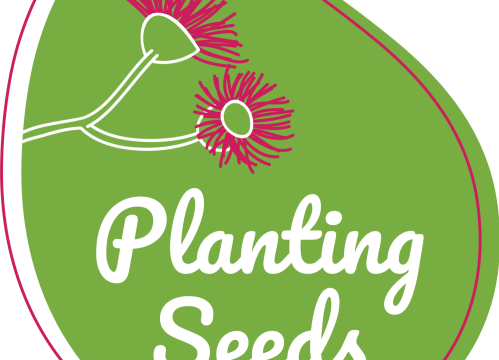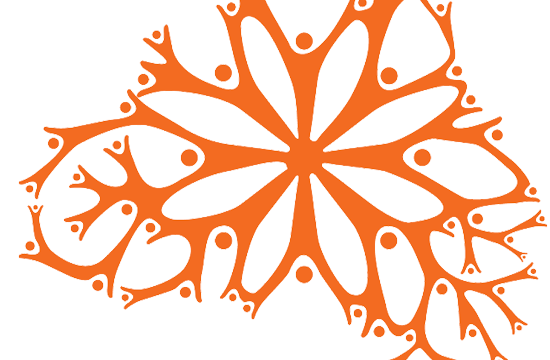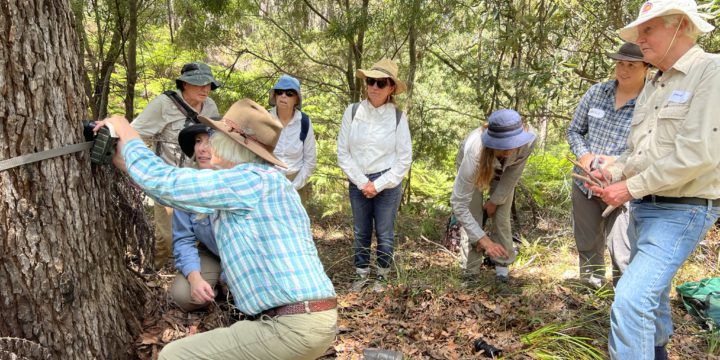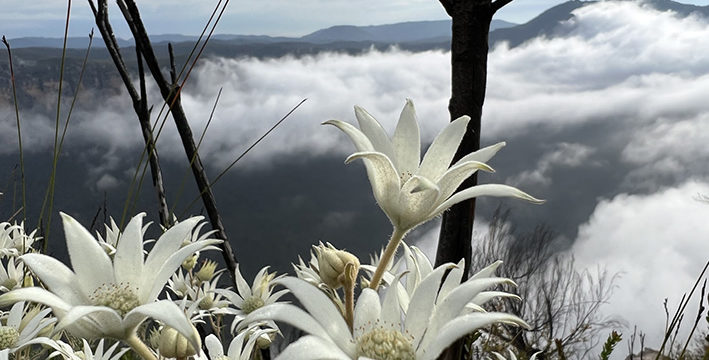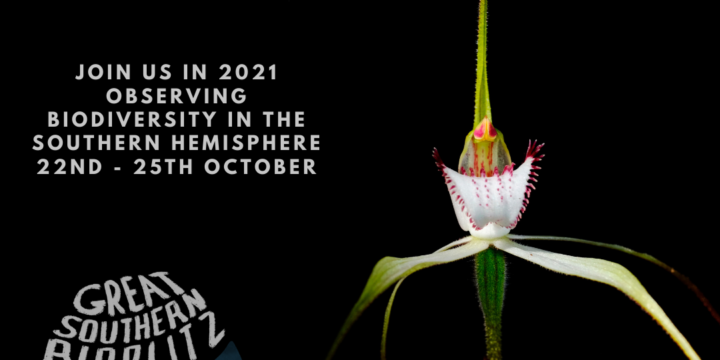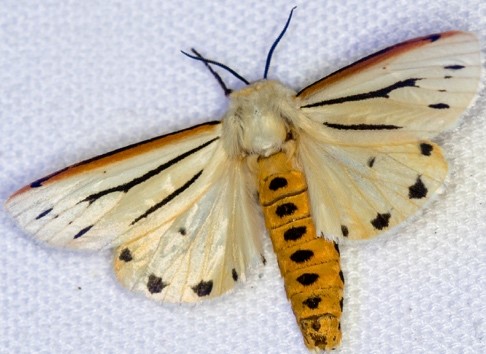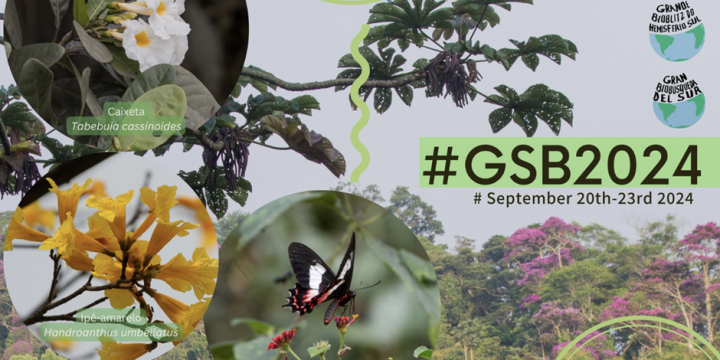
Exploring the Power of Citizen Science and Nature Connection: The Great Southern Bioblitz Journey
Authors: Larissa Braz Sousa, Nicole Miller, Seamus Doherty, Peter Crowcroft, Michelle Neil, Stephen Fricker Across the globe's diverse landscapes, a quiet revolution is taking place. It's a movement where everyday people, armed with curiosity and a passion for nature, are driving scientific discovery forward. This revolution is citizen science, and at its core are initiatives like the Great Southern Bioblitz (GSB), celebrating the awe-inspiring biodiversity of the southern hemisphere—from the majestic eucalyptus trees to the intricate beauty of tiny species. The GSB is a citizen science initiative designed to observe as many species as possible during the Southern Hemisphere's spring. Launched in 2020 amid the COVID-19 pandemic and devastating bushfires in Oceania and South America, the GSB was inspired by the City Nature Challenge. Beginning in Australia, it quickly spread…

